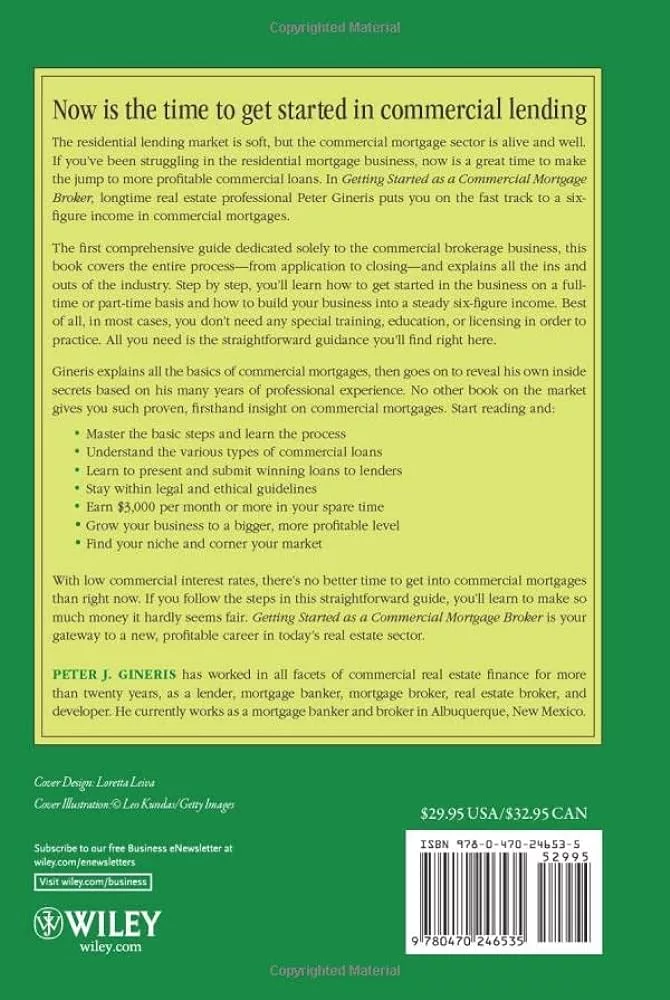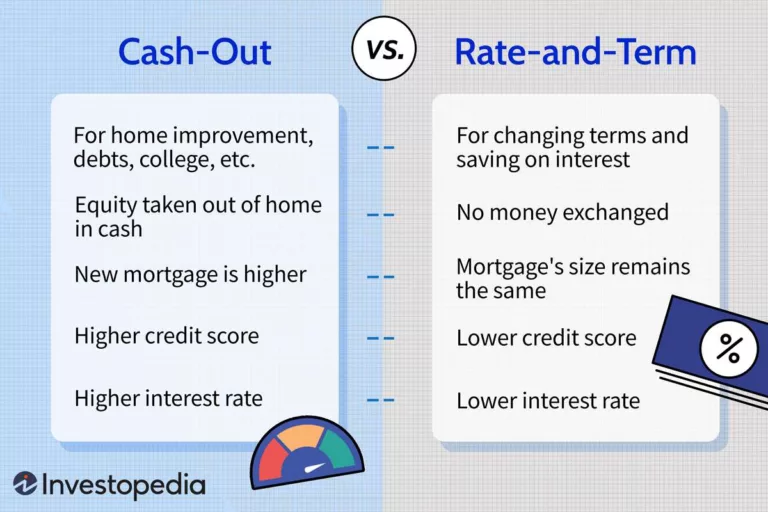How Much Do Mortgage Bankers Make? Unveiling the Lucrative Salaries
Mortgage bankers make an average salary of around $75,000 to $150,000 per year. Are you considering a career in mortgage banking and wondering how much you could potentially earn?
The compensation of mortgage bankers varies based on factors such as experience, location, and the size of the lending institution they work for. However, on average, mortgage bankers can expect to make between $75,000 to $150,000 annually. Mortgage banking is a rewarding field that offers the opportunity for financial stability and growth.
We will explore the factors that influence a mortgage banker’s salary and provide insights into the earning potential in this profession. Keep reading to learn more about the lucrative world of mortgage banking.

Credit: www.telegraph.co.uk
Average Salaries Of Mortgage Bankers
Mortgage bankers play a crucial role in the housing industry, assisting individuals and families in achieving their dream of homeownership. If you have an interest in this field, you may be wondering how much mortgage bankers earn. The average salaries of mortgage bankers can vary based on several factors, including their experience, qualifications, employer, and location.
Factors Affecting Mortgage Bankers’ Salaries
- Experience: The level of experience is a key determinant of mortgage bankers’ salaries. Generally, as mortgage bankers gain more experience, their earning potential increases. This is because experienced professionals often possess a higher skill set and a proven track record of success in the industry.
- Qualifications: Mortgage bankers with additional educational qualifications such as a bachelor’s or master’s degree in finance or a related field may have access to better job opportunities and higher salaries. These qualifications showcase their expertise and commitment to the field.
- Employer: The type of employer can impact a mortgage banker’s salary. Large national banks or financial institutions may offer higher salaries compared to smaller regional lenders or credit unions. Additionally, some employers may provide performance-based bonuses or commission structures, further enhancing a mortgage banker’s earnings.
Regional Variances In Mortgage Bankers’ Salaries
It’s important to note that average salaries of mortgage bankers can also vary significantly based on their geographical location. Economic factors, cost of living, and demand for mortgage professionals differ from one region to another, impacting earning potential. Here is an overview of regional variances:
| Region | Average Salary Range |
|---|---|
| Northeast | $70,000 – $120,000 |
| West Coast | $75,000 – $140,000 |
| Midwest | $65,000 – $110,000 |
| Southeast | $60,000 – $100,000 |
Keep in mind that these salary ranges are approximate and can vary based on individual circumstances. It’s crucial to research the specific job market in your desired location to gain a more accurate understanding of salary expectations.
:max_bytes(150000):strip_icc()/operating-margin-e2c7fa16a9e4466684193c7966c91860.jpg)
Credit: www.investopedia.com
Skills And Experience
Mortgage bankers can earn substantial incomes based on their skills and experience. The salary of a mortgage banker can vary depending on factors such as their expertise, market conditions, and performance. A combination of excellent communication skills, industry knowledge, and a strong sales background can significantly impact their earning potential.
Qualifications And Certifications
Qualifications and certifications play a vital role in determining the earning potential of mortgage bankers. While a college degree is typically required for this profession, specific areas of study may vary. A bachelor’s degree in finance, business administration, or a related field provides a strong foundation for aspiring mortgage bankers. However, some professionals may have pursued a higher level of education, such as a master’s degree or an MBA, to set themselves apart in the competitive job market.
In addition to educational qualifications, certifications such as the Certified Mortgage Banker (CMB) designation can significantly enhance a mortgage banker’s earning potential. The CMB is awarded by the Mortgage Bankers Association (MBA) and is widely recognized as a prestigious credential in the industry. Achieving this certification requires a rigorous assessment of an individual’s knowledge, experience, and ethical standards.
Years Of Experience
The amount of experience a mortgage banker has can greatly influence their earning potential. As with many professions, the more years of experience accumulated, the higher the salary and opportunities for advancement. Mortgage bankers with a proven track record of success and a solid portfolio of closed mortgage loans are highly sought after and may command top salaries.
However, it’s important to note that entry-level mortgage bankers can still earn a respectable income. While their salaries may be lower initially, they have the potential to increase significantly with time and experience. As they build relationships with clients, develop their skills, and gain industry knowledge, their earning potential grows.
Career Advancement Opportunities
Career advancement opportunities within the mortgage banking industry are wide-ranging and can lead to lucrative salaries. Mortgage bankers who are looking to progress in their careers can explore various managerial roles and specialization within the field. Managerial positions allow professionals to take on greater responsibilities and lead teams, while specialization enables individuals to hone their expertise in a specific area of mortgage banking.
Managerial Roles
Managerial roles provide mortgage bankers with the chance to oversee and guide the operations of a team or department. With experience and proven leadership skills, mortgage bankers can advance to positions such as:
- Branch Manager
- Regional Manager
- Department Supervisor
These managerial positions come with added responsibilities, such as setting sales targets, developing strategies, and ensuring compliance with industry regulations. Successful mortgage bankers who transition into managerial roles often see a significant increase in their earnings due to the added level of accountability and leadership.
Specialization Within Mortgage Banking
Aside from managerial roles, mortgage bankers also have the opportunity to specialize in specific areas of mortgage banking. Specialization allows professionals to develop expertise in key niches and become sought-after experts in their field. Some specialized roles within mortgage banking include:
- Loan underwriter
- Mortgage consultant
- Loan processor
Specialization within mortgage banking can lead to higher earning potential as specialized professionals are often in demand. These roles require in-depth knowledge and skills, allowing mortgage bankers to focus on specific aspects of the loan process and provide specialized services to clients.
In conclusion, career advancement opportunities within the mortgage banking industry are plentiful for those looking to progress in their careers. Whether through managerial roles or specialization, mortgage bankers can increase their earning potential and develop their expertise in the field. With a wide range of options available, ambitious professionals can chart their path to success in the mortgage banking industry.

Credit: due.com
Frequently Asked Questions On How Much Do Mortgage Bankers Make
How Much Do Top Mortgage Bankers Make?
Top mortgage bankers can make significant earnings, with salaries ranging from high five to low six figures, depending on factors such as experience, location, and performance. This lucrative career path offers the potential for substantial financial rewards.
What Do Mortgage Bankers Do?
Mortgage bankers assist with securing home loans for borrowers. They guide clients through the mortgage process, analyze financial information, and evaluate creditworthiness. Their goal is to find the best mortgage options and negotiate terms on behalf of the borrower to ensure a successful loan approval.
What Is The Difference Between A Mortgage Loan Officer And A Mortgage Banker?
A mortgage loan officer helps borrowers find and apply for mortgage loans. A mortgage banker, on the other hand, works for the lender and is responsible for underwriting and approving mortgage loans.
What Is The Highest Salary Of A Banker?
The highest salary of a banker can reach up to millions of dollars per year.
Conclusion
Mortgage bankers have the potential to earn substantial incomes due to the commission-based nature of their work. The actual earnings, however, vary depending on factors such as location, experience, and market conditions. To maximize their earning potential, mortgage bankers should focus on building a strong client base, staying updated with industry trends, and continuously developing their skills.
By understanding the earning potential and taking proactive steps, mortgage bankers can thrive in this rewarding career.




